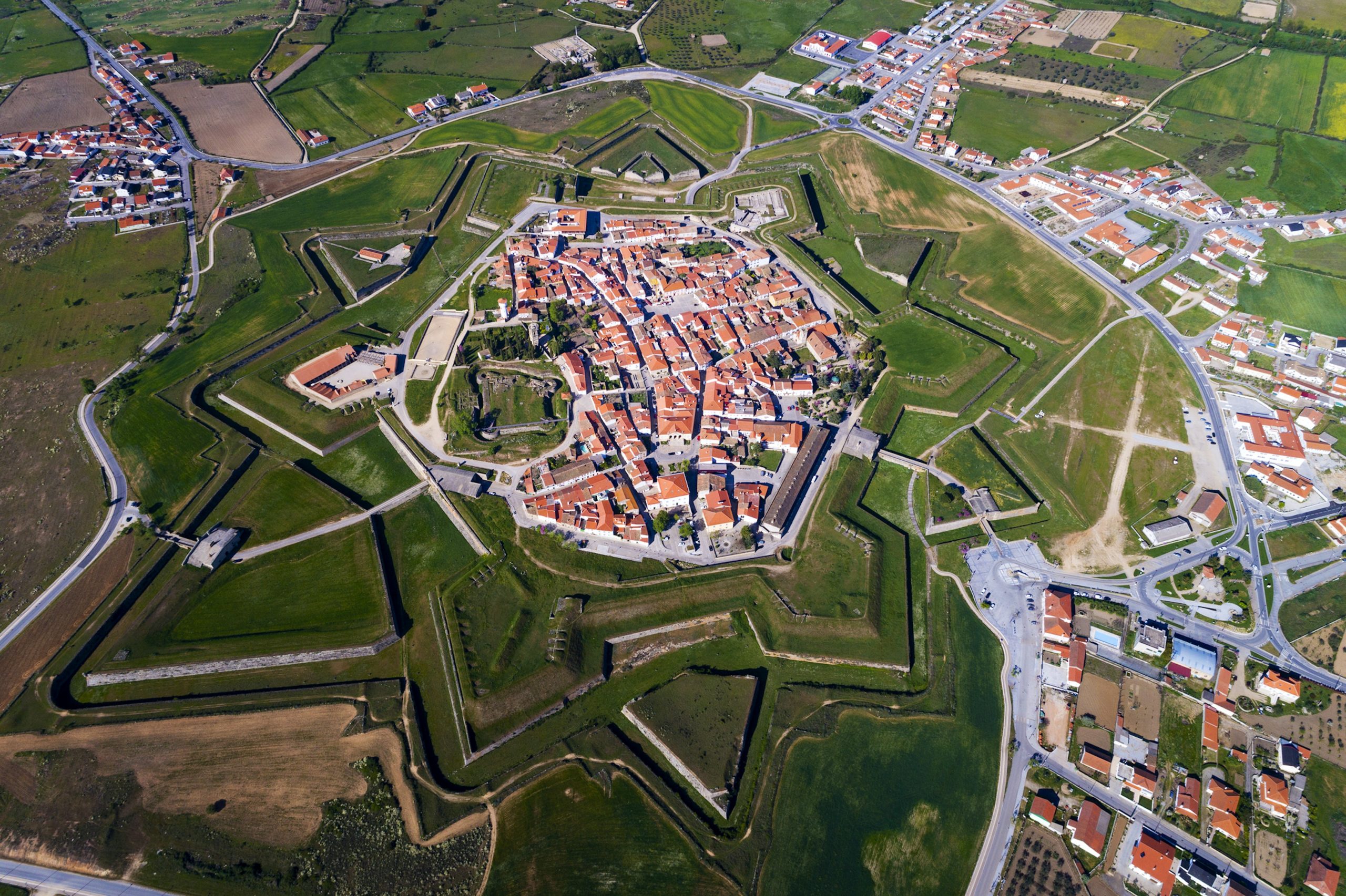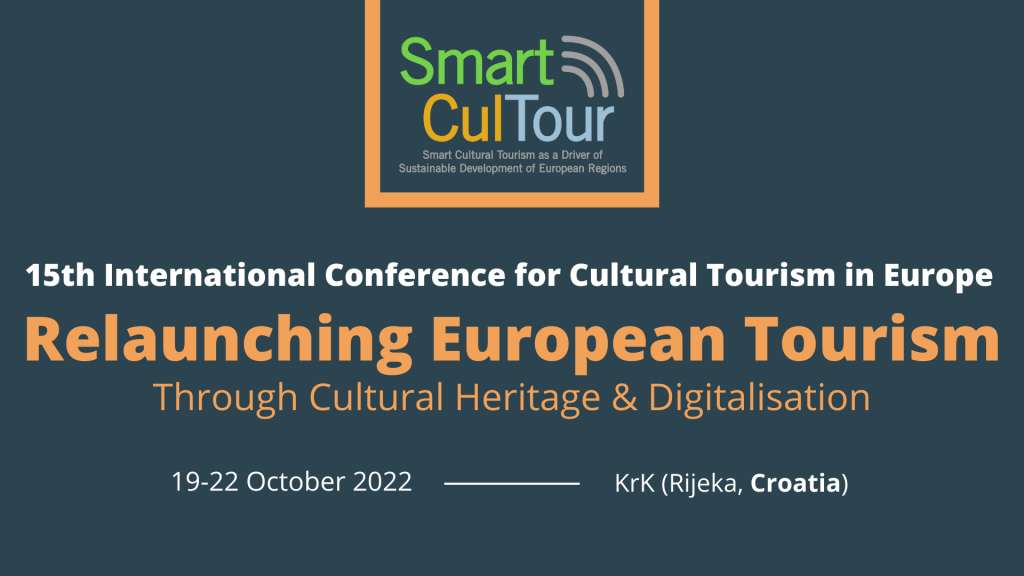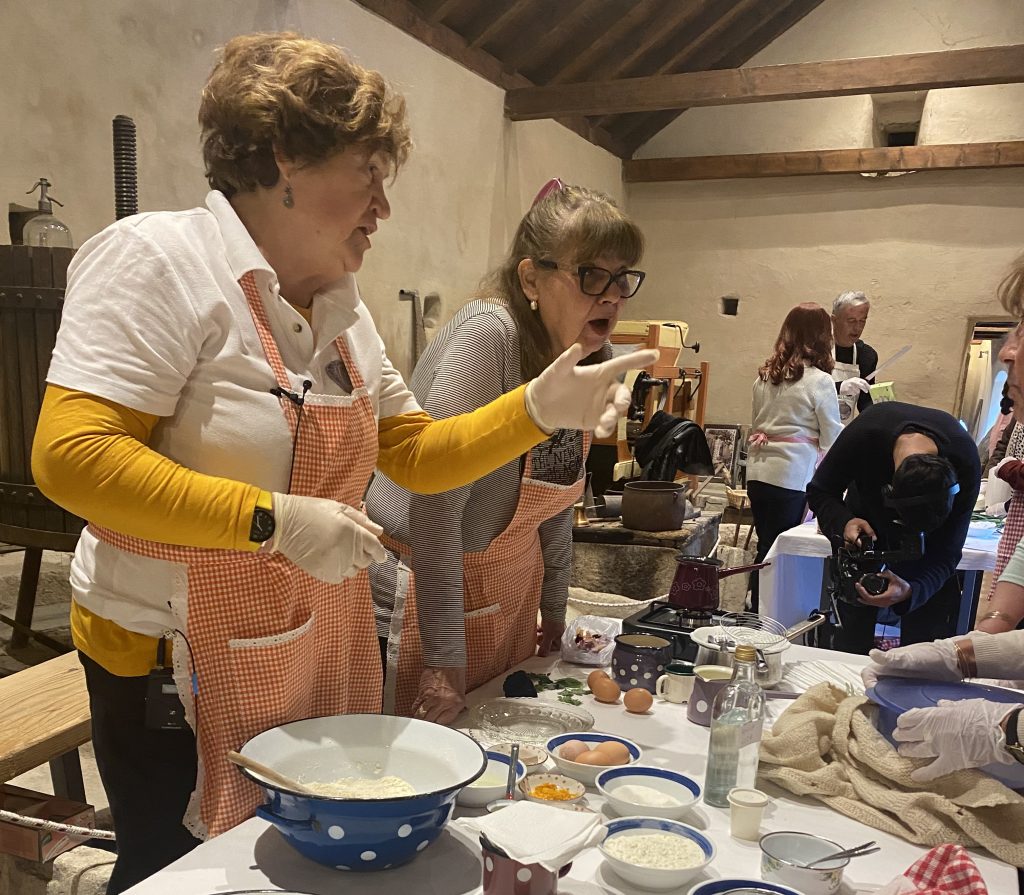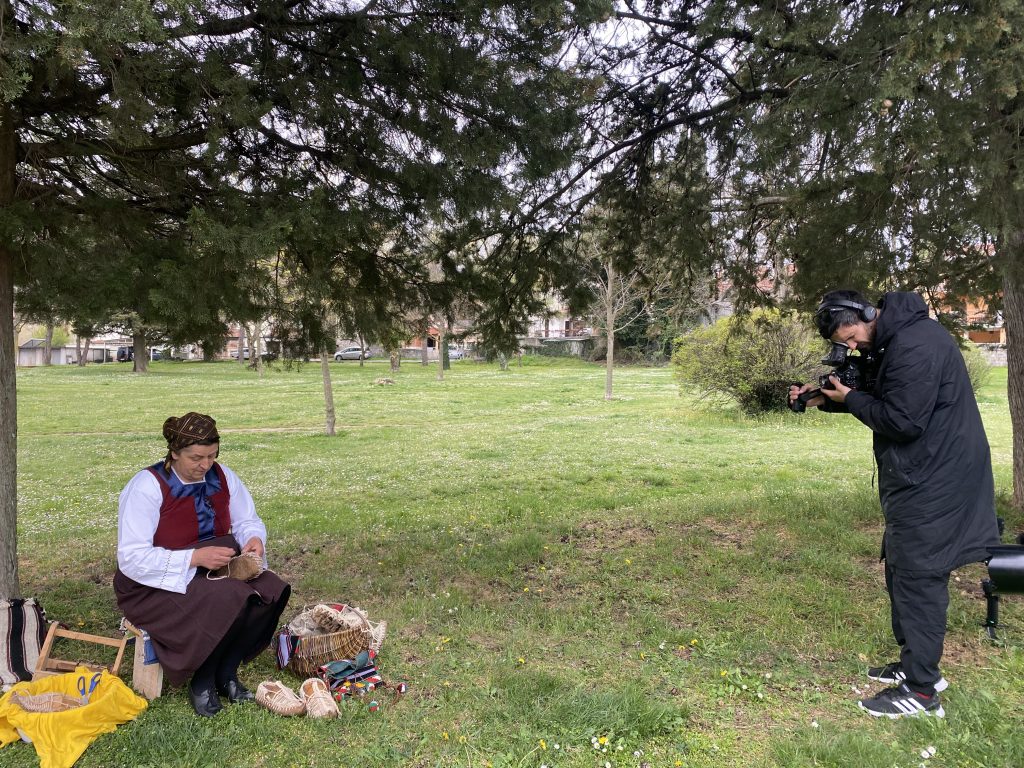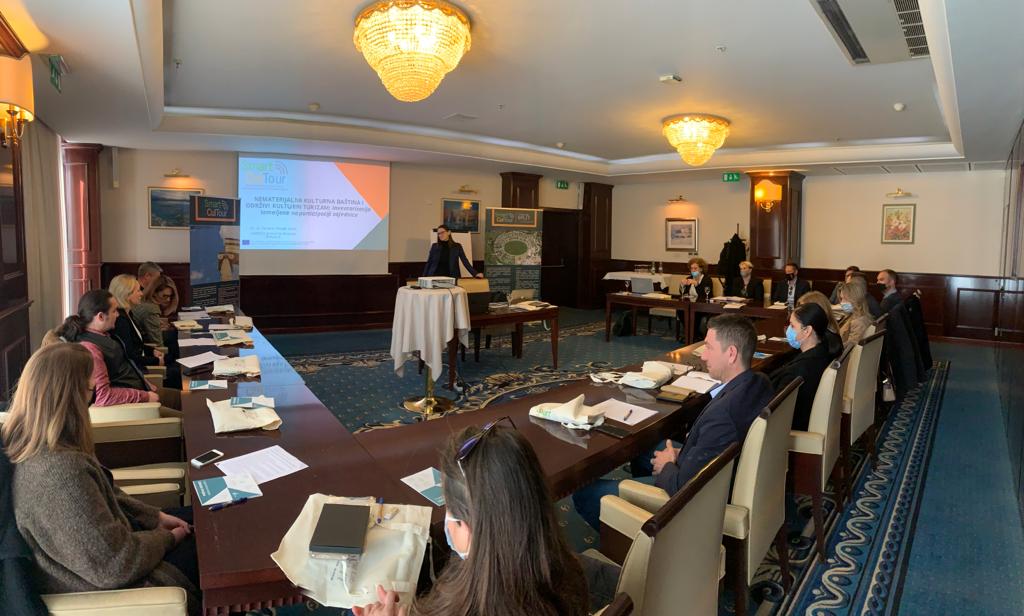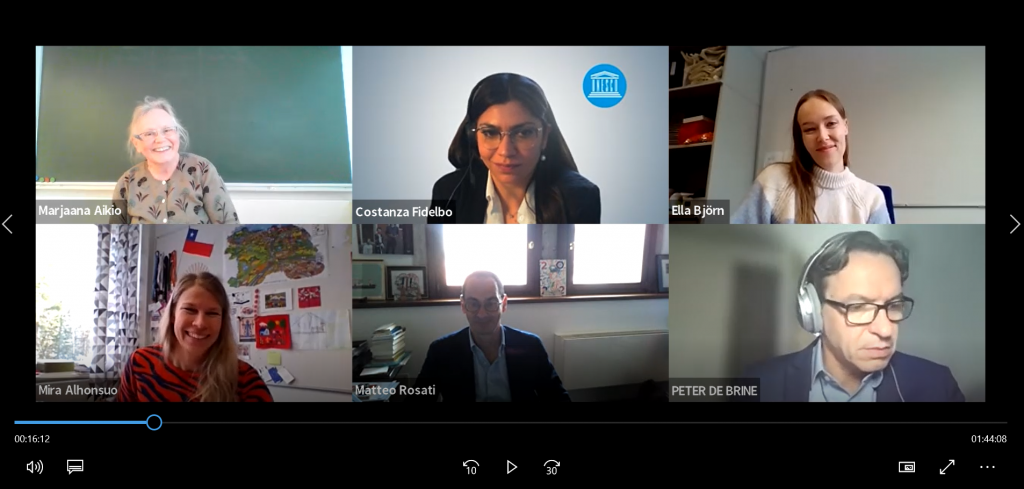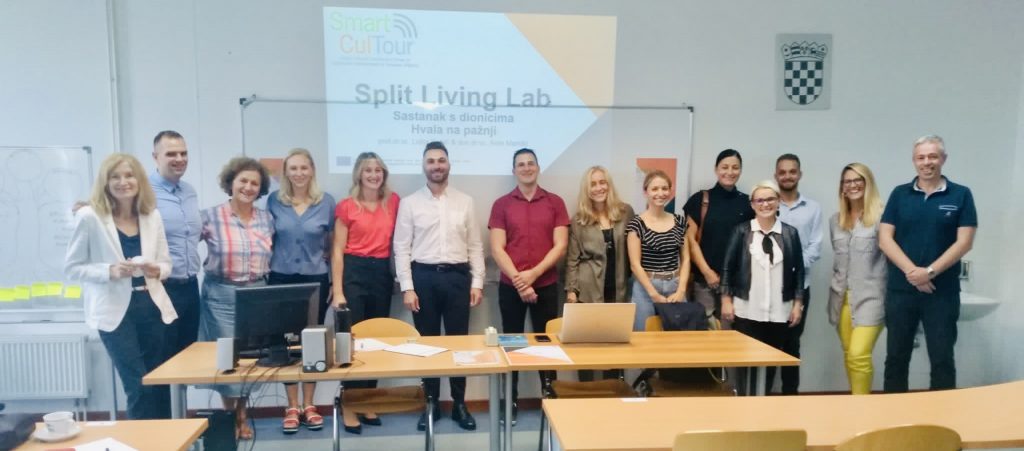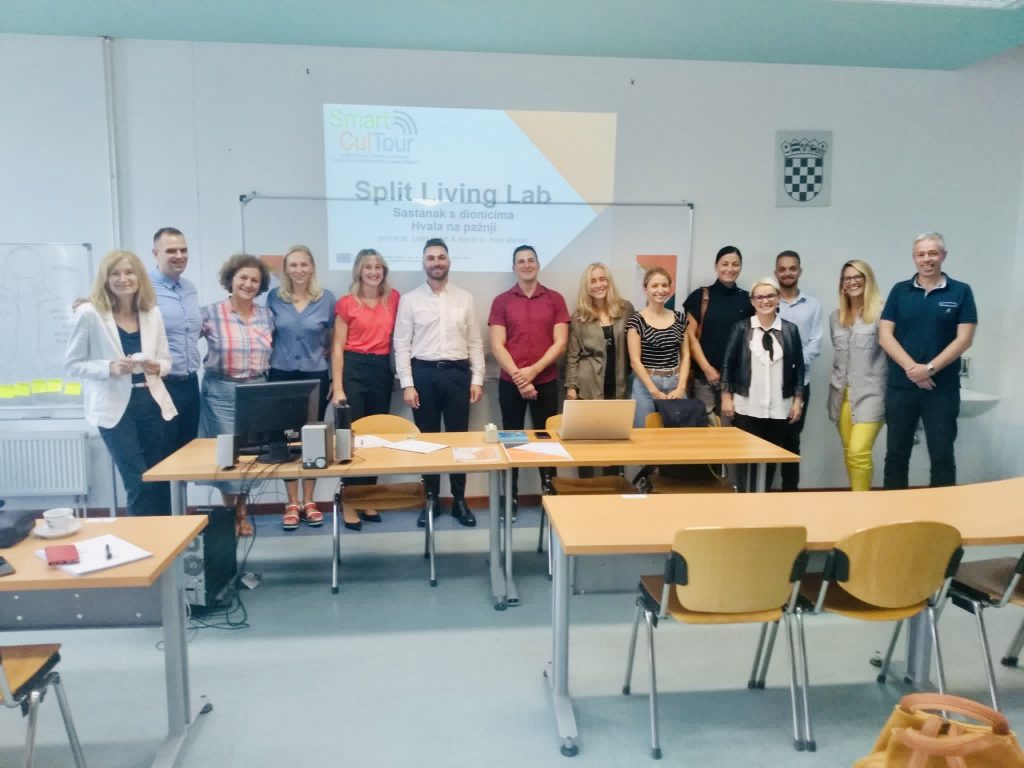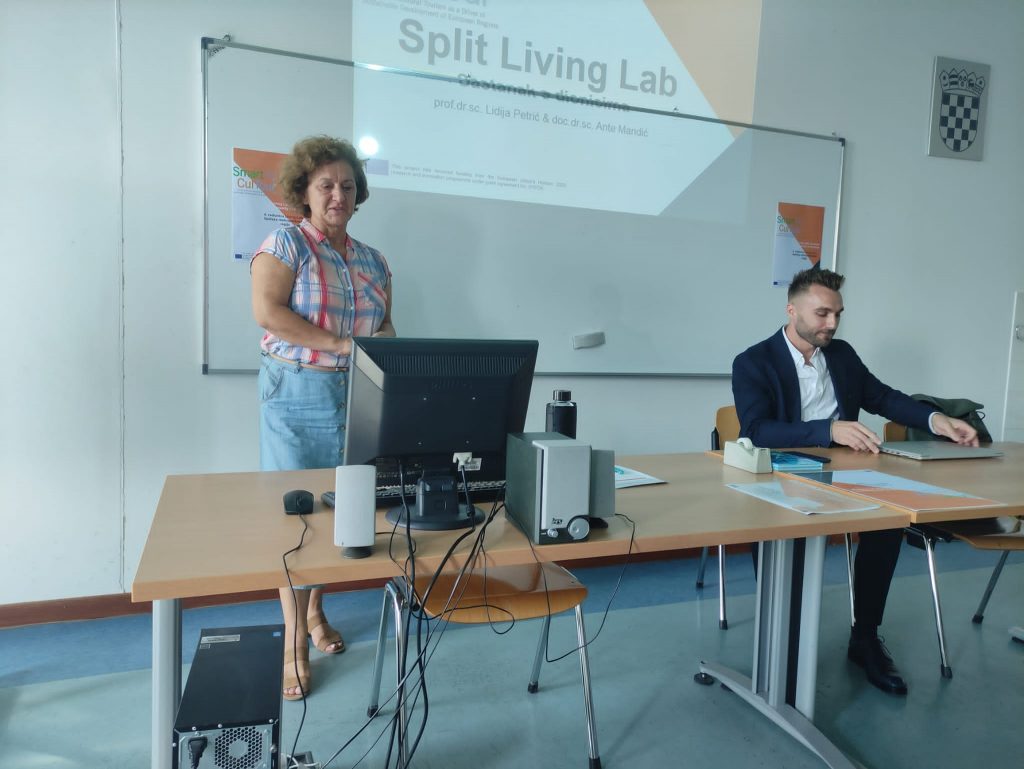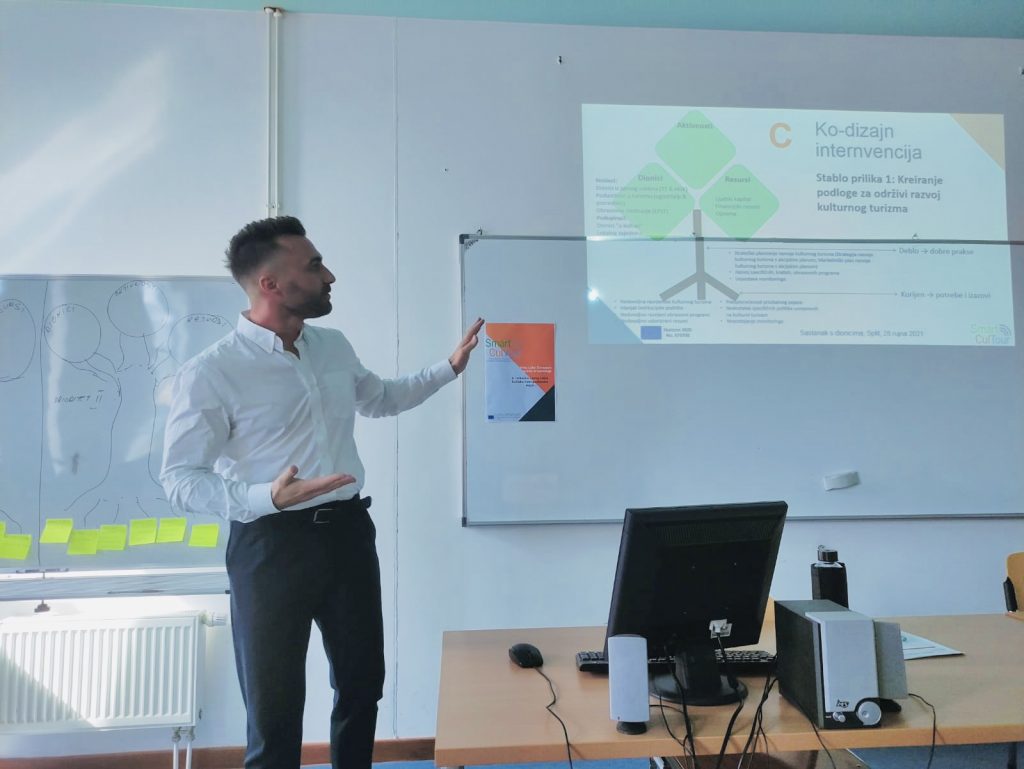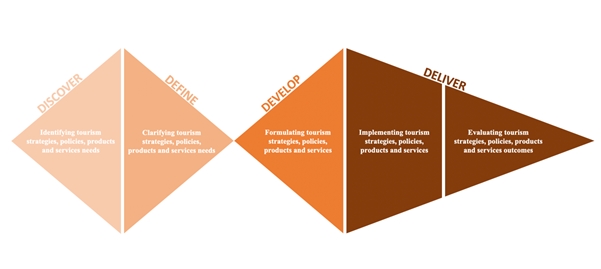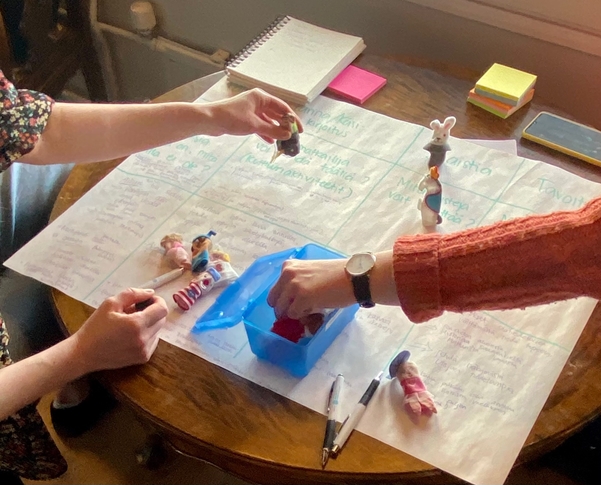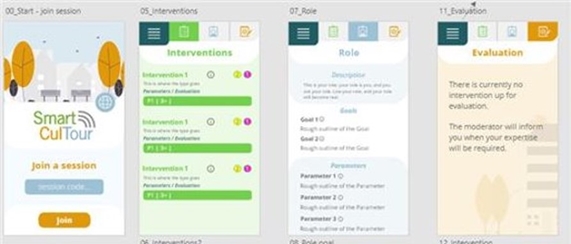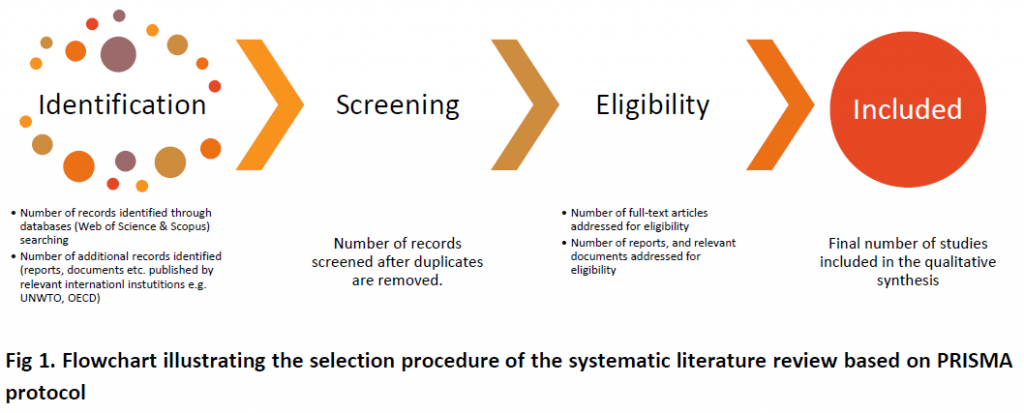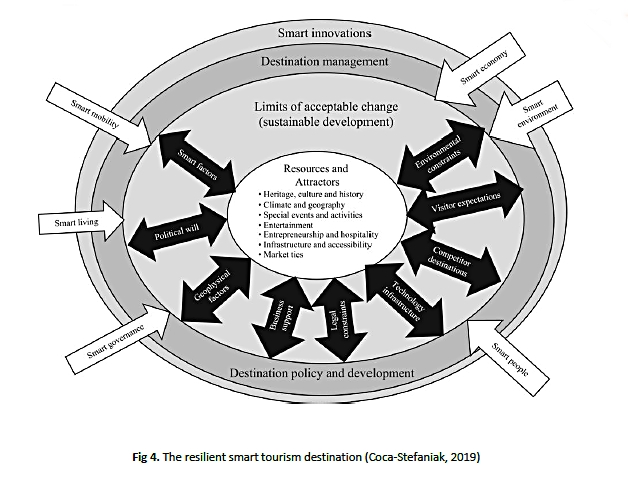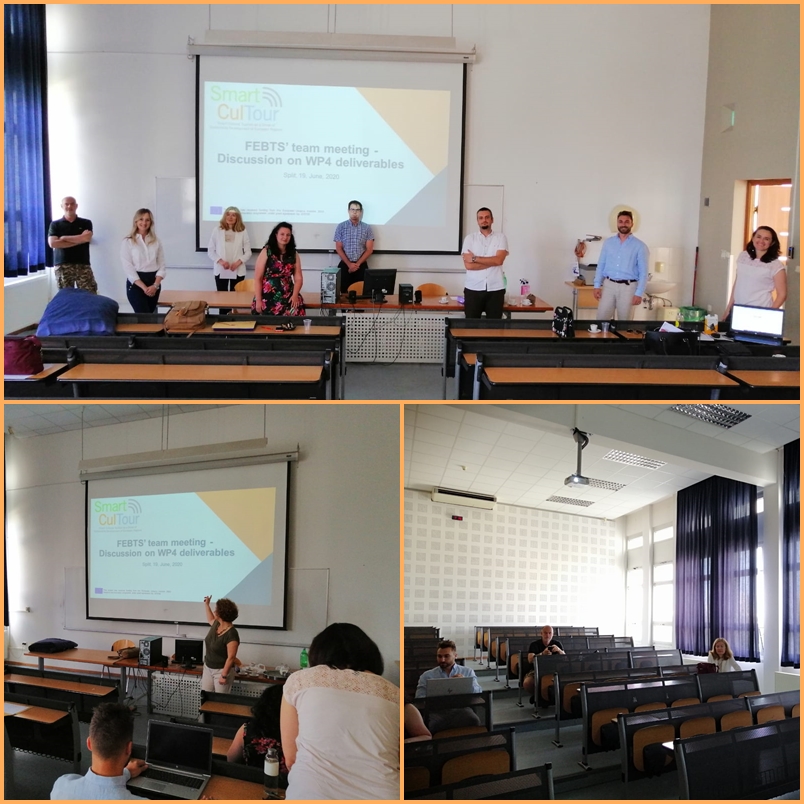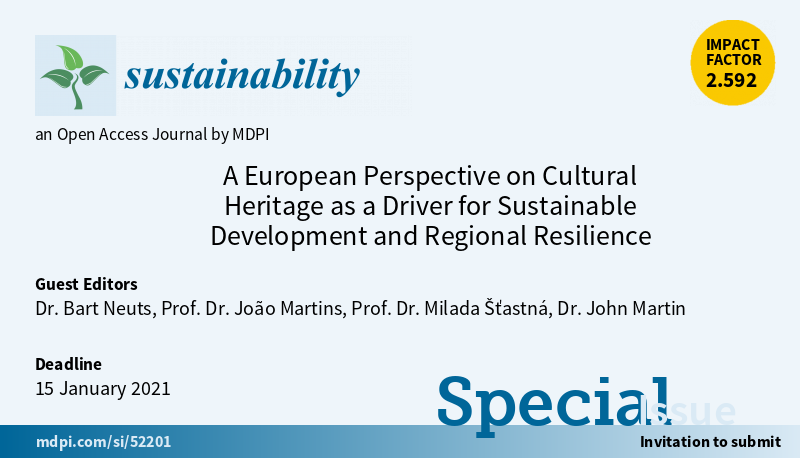Historic Villages of Portugal (Beira Interior)
#1The first intervention will take place in the Historic Villages of Portugal in the region of Beira Interior. The area is facing several socio-economic challenges such as declining populations mainly due to a lack of opportunities for locals, especially the younger generations. At the same time, the richly diverse landscape and the quality of the wine-making tradition attract tourists both in winter and in summer, moved by their curiosity to admire a magical snowy or sunny landscape while sipping a glass of good wine. For this reason, tourism could be an important strategy to tackle the issues that have been undermining the area. The chosen intervention was designed by a conglomerate partnership composed of the Federal Government of Portugal, the local region, municipalities, and private agencies, all supported by the funding of the European Union. The initial basic aim was to restore ancient villages and promote heritage tourism in Beira Interior. Subsequently, the project was extended, embracing a more comprehensive strategy to generate more revenues and opportunities for residents through cultural tourism and mitigate depopulation. During the first stage of the project, the implementation followed a more top-down-directed approach which seriously lacked co-creation mechanisms to involve residents in the decision-making process. Consequently, a critical review of the intervention led to a more inclusive approach, recognizing locals as active partners of the initiative. The overall intervention achieved important objectives. First, the tangible heritage was successfully restored and preserved. The quality and diversity of investments in the renovation of historical buildings and revitalization of the villages have had a huge impact on the visibility and notoriety of historic villages and the entire Beira Interior region. Besides, the cultural promotion effect strongly increased the sense of belonging and pride in the community. Also, the contribution to socio-economic development improved living conditions and opportunities for residents. Since 2005, local tourist offices have recorded almost continuous growth in the number of annual tourists which, at the same time, created new jobs, especially in the sector of rural tourism, gastronomy, handcrafts, local products, and tourist entertainment. Although the initial top-down phase did not consider (enough) the needs, constraints, and specificities of the local community, a more inclusive decision-making process will make every intervention more effective.
